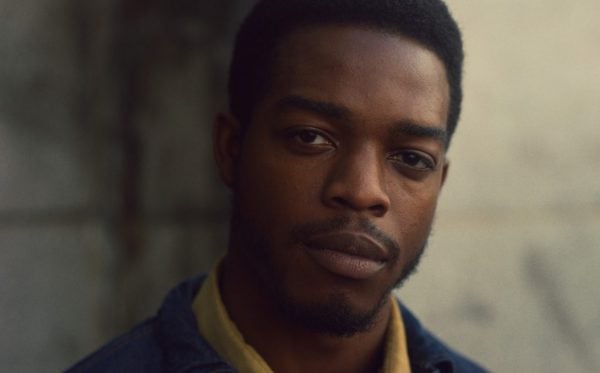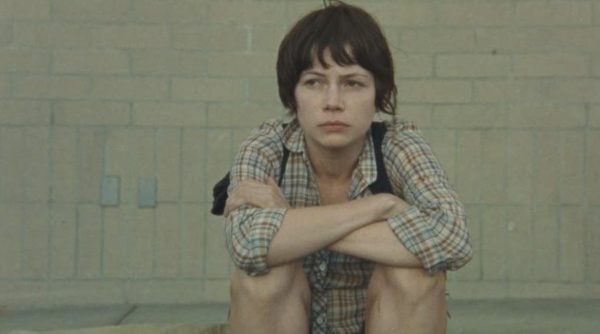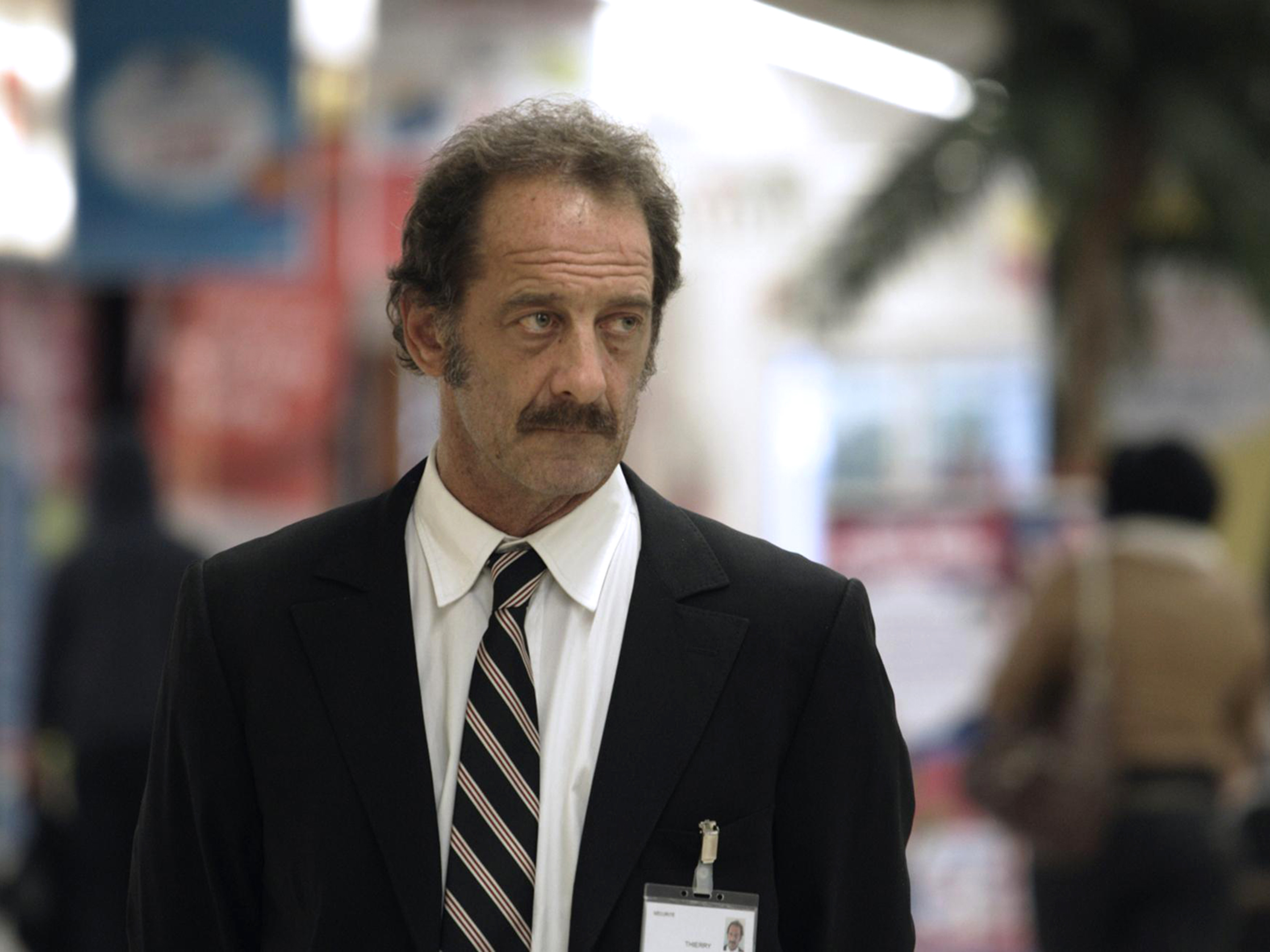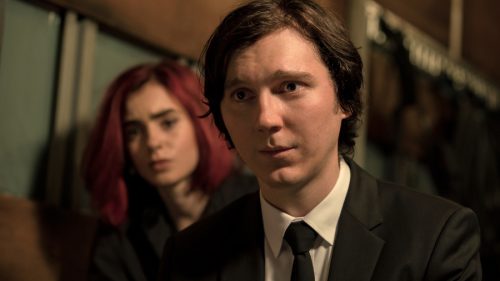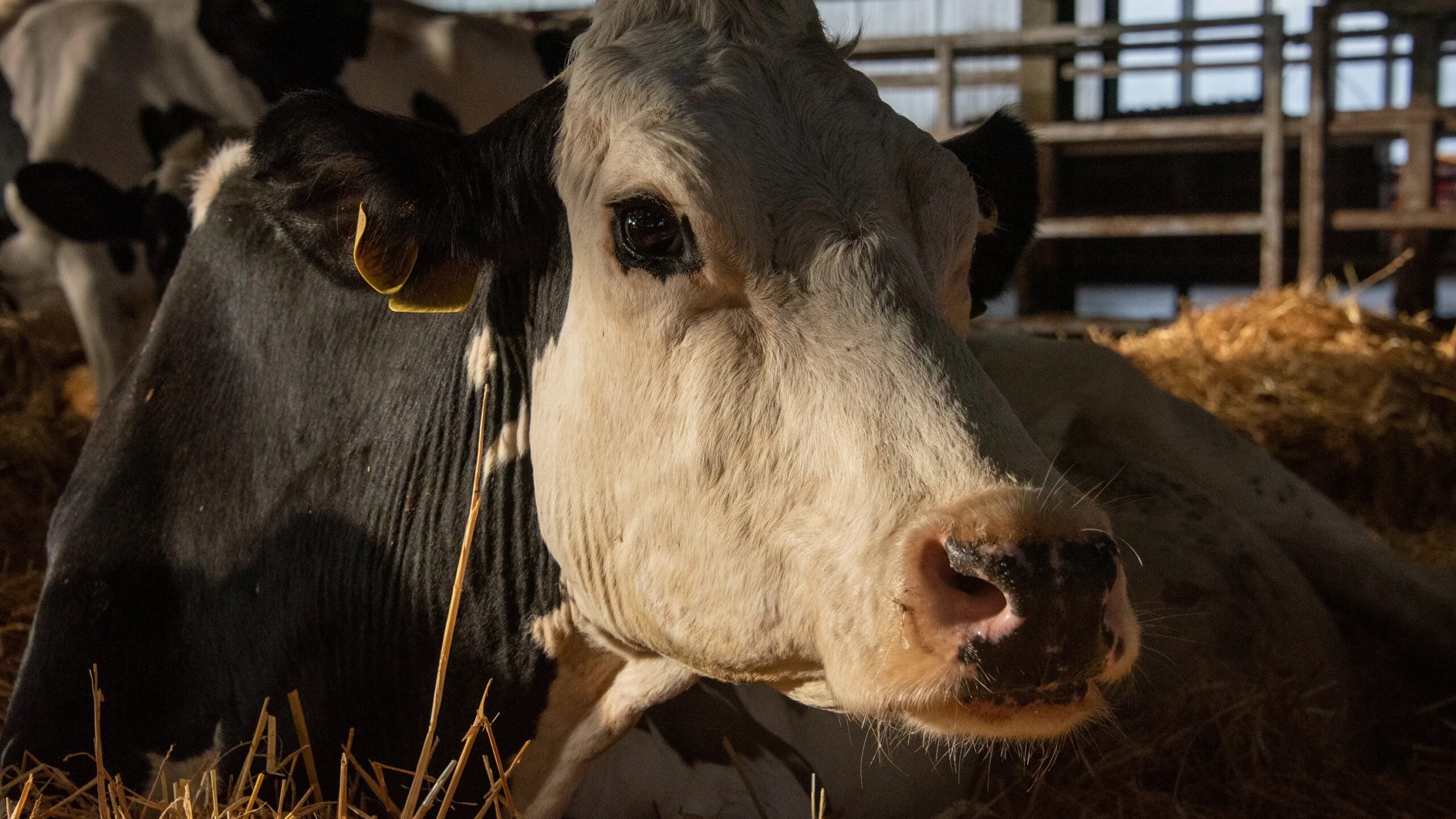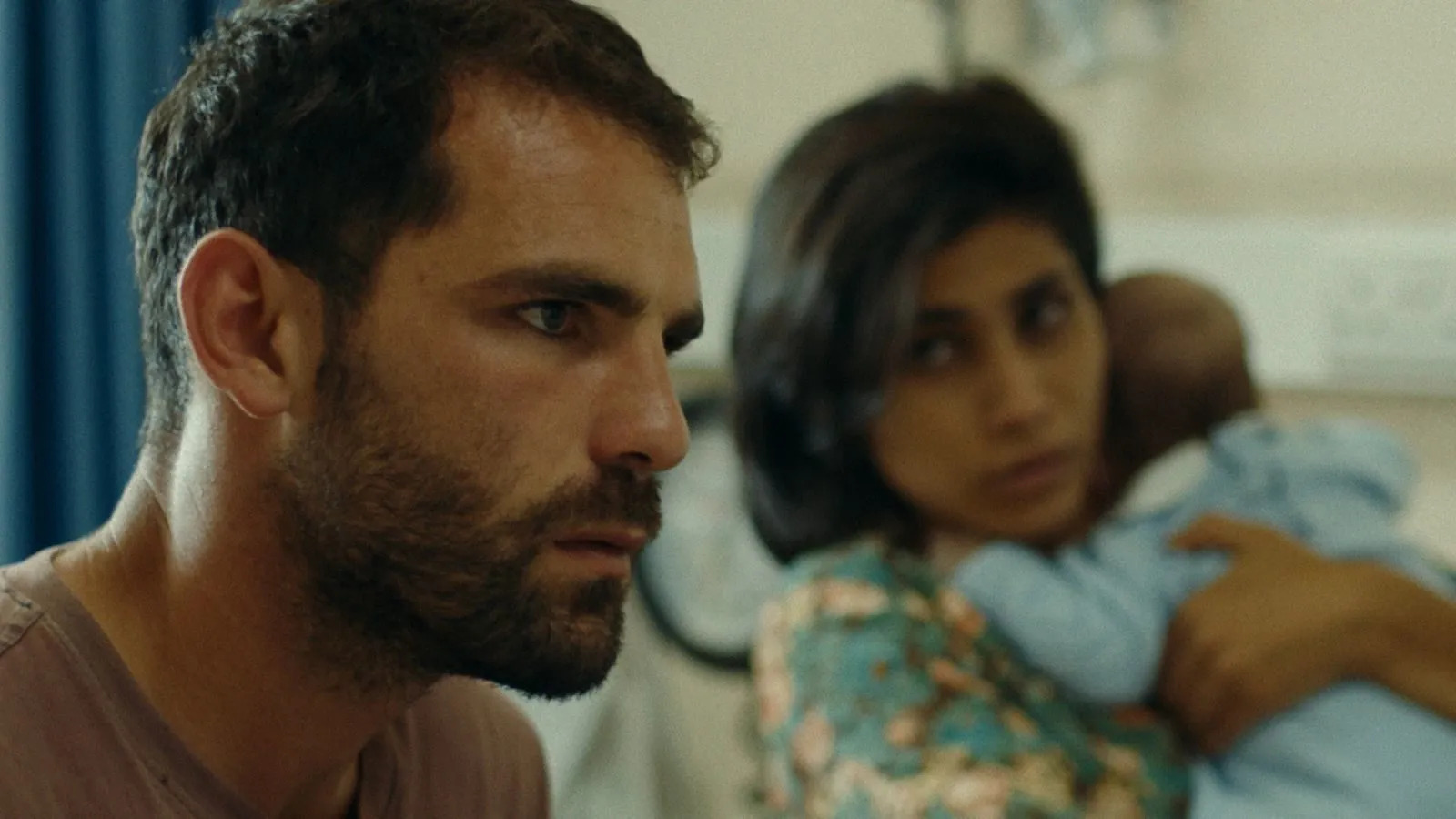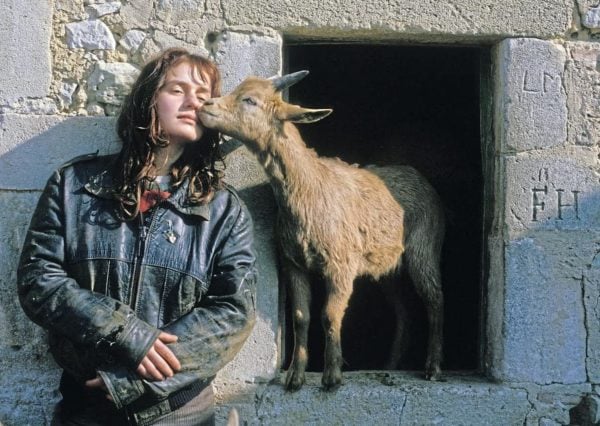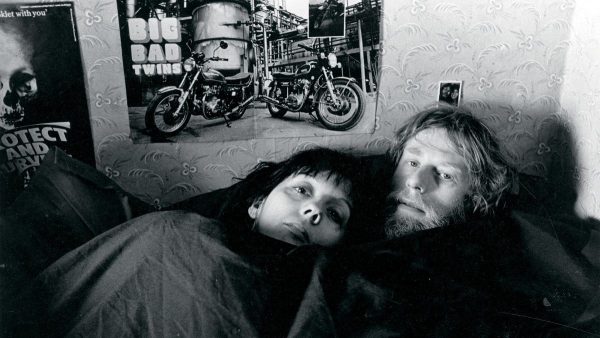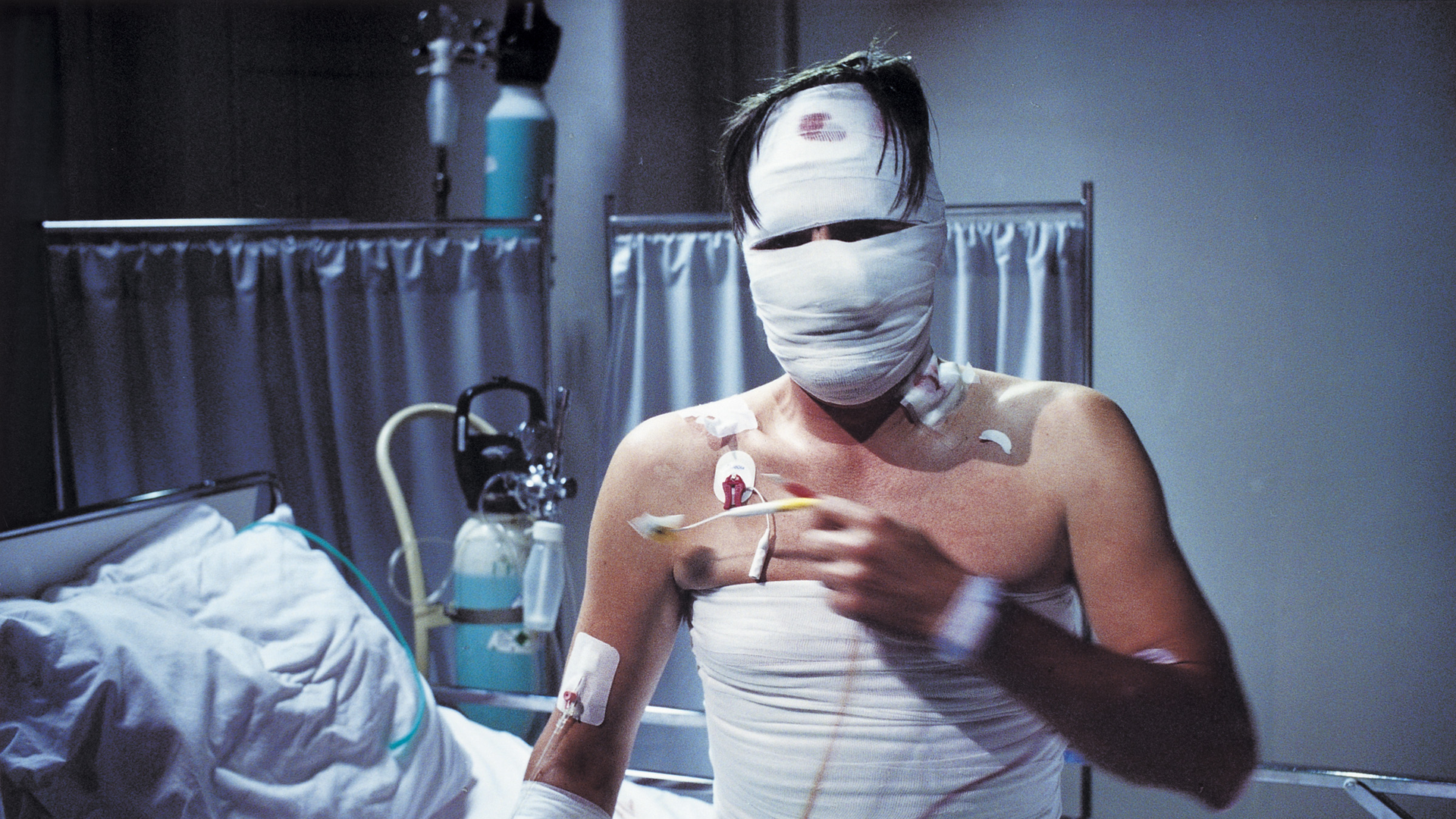
30 Best Anti-Capitalist Movies to Watch
April 8, 2025
Share:
The anti-capitalist movement has been swelling in recent years, especially as more workers realize their worth in an economy that continually denies it to them. The sentiment is so strong now that it’s manifested itself in mainstream media—a phenomenon that arguably reached its peak with the knockout win of Parasite in the 2020 Academy Awards.
There’s been an outpouring of sharp class-conscious content since then, and we’ve gathered the greatest of them in this list. Some are bleak, some are funny, but all are rousing in their social commentaries. Read on to see the best anti-capitalist movies you can watch right now online.
Read also:
21. Mustang (2015)
Genres
Director
Actors
Moods
Five orphaned sisters are put under house arrest by their uncle and grandmother after they are seen horsing around with local boys from school. While their actions were purely innocent, their behavior is viewed as scandalous and shameful by the conservative elders in their small Turkish village. After this incident, their grandmother turns her attention towards marrying off her granddaughters. Each of the five sisters rebel in their own way, but it is the youngest and rowdiest sister, Lale, who is the central protagonist of the film. She watches helplessly as each of her older sisters is married off with an increasing sense of dread and desperation. While this may sound hopelessly depressing, the movie is equal parts beautiful and tragic and floats across the screen in a dreamlike manner. Not all of the sisters escape their oppressive surroundings or their assigned fate, but the message is clear: it’s crucial to try.
22. If Beale Street Could Talk (2019)
Genres
Director
Actors
Moods
Barry Jenkins’ follow up to his award-winning film Moonlight, If Beale Street Could Talk is a highly compelling tale that explores the extent of the emotional consequences of racial injustices through the lens of a young couple torn apart by the judicial system. Staying faithful to James Baldwin’s original novel while adopting Jenkins’ signature melancholic style, it fails to reach the brilliance of Moonlight, but still stands strong enough on its own and successfully tugs on your heartstrings.
23. Wendy and Lucy (2008)
Genres
Director
Actors
Moods
Wendy (Michelle Williams) is a drifter driving up to Alaska in hopes of finding work. When her car breaks down, she and her dog Lucy are stranded and forced to scrounge for food and repairs, hitting one roadblock after another on her path to an uncertain dream. This sympathetic and solemn look at poverty from director Kelly Reichardt serves as a reminder of how easy it is to fall through the fragile American safety net.
Reichardt’s uncompromising approach paired with Williams’s restrained performance makes the experience authentic and intense, recalling the work of Ken Loach. This natural sharpness makes for an engrossing watch that builds in power until the emotional release of the film’s heartbreaking conclusion.
24. The Measure of a Man (2015)
Genres
Director
Actors
Moods
If you’ve ever seen a movie by kings of social realism Ken Loach or the Dardenne brothers, you’ll recognize the cinematic tradition The Measure of a Man is coming from, but if you haven’t, don’t fear. The filmmaking here isn’t complicated, academic, or laden with references — in fact, the opposite is true. Stylistically pared back, the intensely modern and human story at the movie’s center expands to fill the frame so we have nowhere else to look.
With a disabled son to provide for, middle-aged Thierry (Vincent Lindon) desperately searches for a job, undergoing several state-required indignities — such as practice interview sessions in which fellow jobseekers critique everything from his body language to his tone of voice — just for a shot at being able to pay his bills. So many scenes and conversations here are palpably laden with the anxieties of real life, both economic and personal. And yet, for all the dehumanization and desperation clouding its edges, Measure of a Man isn’t a hopeless movie. We’re reminded by happy scenes at home just how rich Thierry’s life is, unemployed or not — but it’s perhaps his moral compass, which begins to twitch when he takes a security job with an unscrupulous corporate employer, that’s most heartening of all.
25. Okja (2017)
Genres
Director
Actors
Moods
Director Bong Joon-ho (Snowpiercer) does something quite amazing with the $50 million budget Netflix gave him: he makes a simplistic movie. But man, is it good. Okja tells the story of a “super pig” experiment that sends genetically modified pigs to top farmers around the world. In Korea, a farmer’s granddaughter forms a special relationship with one of these super pigs (Okja). When the company who originally ran the experiment want their pig back (performances by Jake Gyllenhaal and Tilda Swinton) – the two find an ally in an animal advocacy group led by Jay (Paul Dano). This is a straightforward movie, but nevertheless it is entertaining and full of thought-provoking themes and performances from an excellent cast.
26. The Man Without a Past (2002)
Genres
Director
Actors
Moods
The magic of this movie — and every other one directed by Aki Kaurismäki — is in the way it inspires so much hope despite the darkness of its subject. When a man (Markku Peltola) is beaten and robbed one night, he wakes up without any memory of who he is. Forced to start life all over again, he’s subjected to yet more cruelty at the hands of a greedy slum landlord and callous authorities, but finds sympathy and support from his equally downtrodden neighbors. Though the street thugs have emptied his wallet, the unquestioning generosity of the people around him suggests he’s now richer than he was at the film’s outset — as does the sweetly simple romance he strikes up with a lonely Salvation Army worker (Kati Outinen).
Kaurismäki doesn’t just make films about the disenfranchised for the sake of it: he shows us how easy — and yet momentous — acts of human kindness and solidarity can be, how radical they are in a bleak world. It’s not often a movie can so persuasively reassure us of people’s inherent goodness, but it’s even rarer still for it to be done with as much deceptive, charming simplicity as here.
27. Cow (2022)
Genres
Director
Actors
Moods
The film unfolds in the rhythm of a cow’s life: birth, mating, feeding, milking, checkups. Soon, these events become regular occurrences. Instead of showcasing the more ‘spectacular’ parts of these animal lives in order to build a narrative that’s engaging in a more conventional sense, British director Andrea Arnold opts for intimacy through banal instances. Even if female cows are symbolic of labour (reared for milk, meat, and reproduction), the actual cows in the documentary are not actors in a traditional sense. Yet, Cow opens up the dialogue about the on-screen role of animals beyond the call for activism. In it, the protagonists dictate the camera movements and positions just as any other human subject would, but since Arnold is an intuitive and sharp filmmaker, she embraces the opportunity to challenge cinema’s status quo. A beautiful addition here is the presence of pop music needle drops, through which the film jolts us into being more attentive, helping us to experience everything we consume in everyday life unperturbed (milk, meat, or pop songs) anew.
28. Luzzu (2021)
Genres
Director
Actors
Moods
In Luzzu, tradition and modernity — plus principles and necessity — come crashing up against each other like waves in a raging storm. Trying to navigate his way through the tempest is Jesmark (Jesmark Scicluna), a Maltese fisherman proudly descended from a long family line of the profession. But Jesmark’s work — and his identity, which is tightly bound up with it — is reaching a crisis point, as fishing’s dwindling returns can no longer provide his family with a living. His baby son needs expensive medical care, and his wife (Michela Farrugia) sees little choice but to abandon their independence and lean on her family (who have been hostile to her choice of spouse) to get by.
And so Jesmark finds himself pricing his principles: does he struggle on in vain, or give in to the pull of the lucrative black market, which respects neither EU fishing laws nor the sanctity of the seabed? With the weight of his family legacy on his back, Jesmark’s crisis feels like a crushing existential one. As visually stunning as the titular brightly painted wooden boat passed down by Jesmark’s great-grandfather, Luzzu also feels as preciously crafted, with its raw look at the realities of economic survival recalling the acutely painful dilemmas of classic neorealist cinema.
29. Vagabond (1985)
Genres
Director
Actors
Moods
Even before Agnès Varda pivoted to documentary filmmaking, she was a pioneer of French cinema. Her film Sans toit ni loi (Vagabond) is one of her most harrowing dramas.
Varda’s sensibilities as a burgeoning documentarian are apparent as the film opens on the corpse of a woman lying dead in a snow-covered ditch. Through flashbacks, we trace the titular vagabond’s steps to uncover how she ended up alone and dead. The camera follows its subject from a safe distance, as if tracking a wild animal. Alongside the woman, we hitchhike across the French countryside, encountering hostile men, treacherous winter weather, and occasional glimpses of hope, connection, and familiarity. Vagabond succeeds at portraying a complicated woman—Varda understood that women, above all else, are people, with dark interiors, difficult choices, and uncertain impulses.
30. High Hopes (1988)
Genres
Director
Actors
Moods
Mike Leigh’s films have always touched on class politics, but seldom as directly as in this lowkey portrait of Thatcher-era London. Cyril and Shirley are a sweet working-class couple at a crossroads in their relationship. Their lifestyle is contrasted with Cyril’s sister and her husband who exist in a more comfortable middle-class setting, and then paralleled again with an upper-class couple living next door from Cyril’s mother.
Even at this early stage of his career Leigh gracefully entwines these stories to create a moving and coherent narrative. ‘High Hopes’ as a title might be largely sarcastic, but the film is full-hearted and occasionally even optimistic as it strides its snarky way through the grim facades of 80s London.
Comments
Add a comment
Ready to cut the cord?
Here are the 12 cheapest Live TV streaming services for cord-cutting.
More lists
Lists on how to save money by cutting the cord.
Curated by humans, not algorithms.
© 2025 A Good Movie to Watch. Altona Studio, LLC, all rights reserved.

